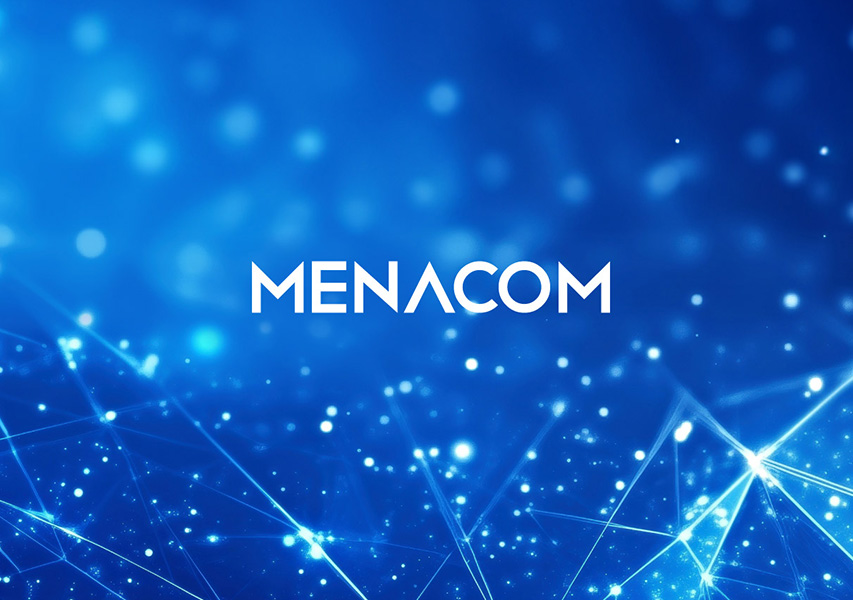For the last 15 or 20 years, researchers, psychologists, journalists, and marketers have been tirelessly picking apart the Millennial mindset. If we can learn anything from this exercise in over analysis, it’s that trying to simplify an entire generation down to a few colorful stereotypes (for Millennials, think ‘avocado toast’) will cause you to miss the bigger picture. Context, it turns out, is everything.
But while the oversaturation of ‘Millennial’ content in recent years has made the term practically synonymous with youth (despite the fact that older members of the generation are already turning 40), a new generation has begun coming of age. Generation Z, or Gen Z, might seem similar to Millennials at first glance, but the differences between these two generations are proving to be greater than they appear on the surface.
Brands and businesses are already noticing a marked difference in how Gen Z responds to traditional (and non-traditional) marketing tactics. As a generation that grew up entirely in the digital media era (as opposed to Millennials, who were coming of age just as the Web 2.0 revolution was kicking off), Gen Z has different ideas about how they want to engage with brands, and a completely different understanding of the customer journey. Because of this, connecting with Gen Z isn’t about a few innovative new tools or technologies: it requires rewriting the book on consumer engagement.
For our media agency Wavemaker, this rewrite is already well underway: recognizing that a major shift in customer engagement is already underway, the agency’s recent rebranding efforts were far more than superficial, representing a significant transition in how the company approaches the customer journey. By shifting its operational focus, Wavemaker has gained rich insights into Gen Z, not only understanding how to reach them, but why it’s such a challenge—and why it’s so important to connect with this demographic.








